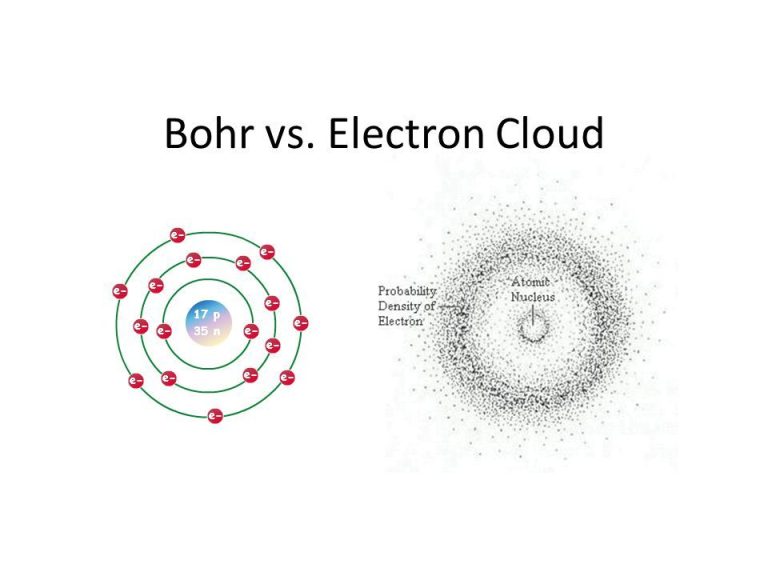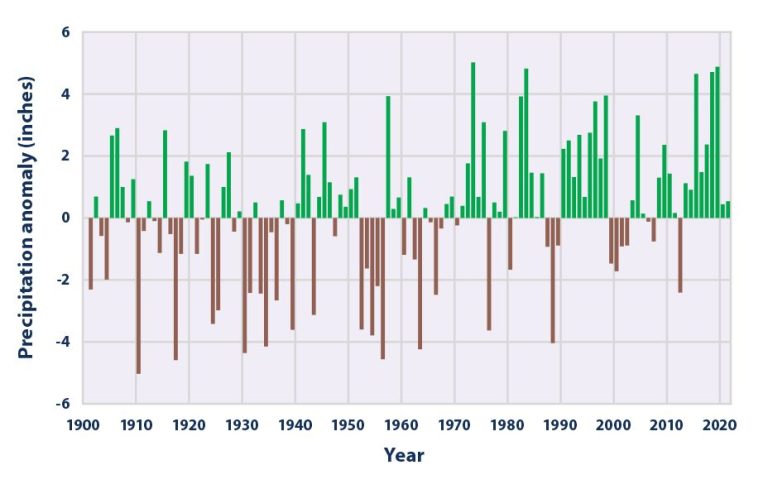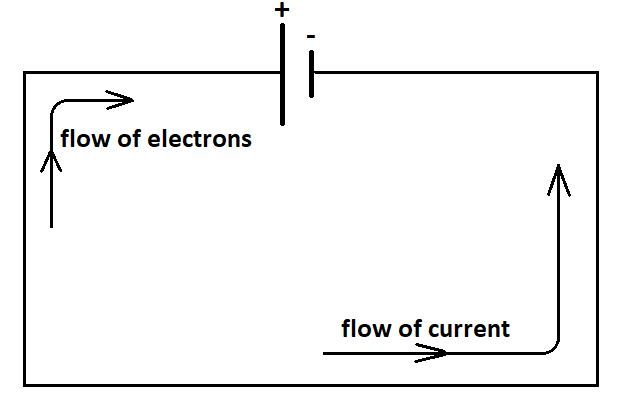Is Power Engineering A Stressful Job?
Power engineering is a career centered around the design, installation, maintenance and management of equipment and systems that generate and distribute power. Power engineers play a crucial role in society by ensuring that homes, businesses, hospitals, and other facilities have reliable access to electricity and power. Their work touches nearly every aspect of modern life. But is power engineering actually a stressful career? In this article, we’ll explore the typical duties, environment, and demands of the job to better understand the stress levels power engineers face.
Typical Job Duties
Power engineers are responsible for operating and maintaining equipment that generates and distributes power. Their day-to-day duties typically include:
-
Operating and controlling equipment like boilers, turbines, generators, pumps, and compressors in power plants or industrial facilities
-
Monitoring computer systems that display critical data about pressure, temperature, power output, and other metrics
-
Troubleshooting issues with equipment and coordinating maintenance or repairs as needed
-
Managing projects related to plant operations, like overseeing upgrades or expansions
Power engineers must have strong technical skills to operate complex power generation and distribution systems safely and efficiently. Their role is critical in delivering reliable electricity supply to homes and businesses.
Work Environment
Power engineers often work in power plants and energy facilities. This exposes them to live electricity and heavy machinery on a regular basis. Power plants operate 24/7 to meet energy demands, so power engineers frequently work in shifts that cover daytime, nighttime, weekends and holidays. The plant environment contains potential hazards like high-voltage electricity, moving equipment, loud noises, and hazardous materials. Safety protocols must be strictly followed to mitigate risks. Power engineers may spend time outdoors when inspecting equipment or responding to emergencies. They also perform administrative work in offices when completing paperwork, analyzing data, or planning maintenance. The challenging plant environment and irregular shift hours contribute to the stressful nature of power engineering roles.
Safety Hazards

Working as a power engineer comes with several safety hazards that must be carefully managed. One of the most prominent risks is electric shock. Power engineers work with high voltage equipment on a daily basis, exposing them to the dangers of electrocution. Even momentary contact with a live conductor can result in severe injury or death. Power engineers must follow strict safety protocols and wear appropriate personal protective equipment at all times when working with electrical systems.
In addition to electrical hazards, power engineers face risks from the dangerous equipment they operate and maintain. This includes high pressure steam boilers, turbines, generators, and other mechanical systems. Power engineers must remain vigilant when working around rotating or moving equipment that could easily cause serious crush injuries. Strict lockout procedures and machine guarding help mitigate these risks.
While the work of a power engineer does involve several inherent hazards, following safety protocols, wearing PPE, and remaining alert helps prevent workplace accidents and injuries. Power companies invest substantial resources into safety training and accident prevention measures to protect their employees from harm.
Mental Demands
Power engineering jobs require complex problem solving skills and the ability to make quick, high-stakes decisions under pressure. Operators must maintain constant focus and alertness to monitor instrumentation and equipment, detect abnormalities, troubleshoot issues, and take appropriate action. The operation of power plant equipment involves many hazards, and a lapse in judgment could endanger lives as well as lead to catastrophic system failures.
Power engineers shoulder immense responsibility for safely generating and distributing electricity. They must be mentally sharp to respond to any situation and make difficult real-time decisions while avoiding mistakes. Stressful and hazardous conditions require full concentration at all times. The demands on cognitive abilities, situational awareness, and stress management can be mentally taxing.
Physical Demands
Power plant engineers and operators often face significant physical demands on the job. The nature of power plant operations requires physical stamina to manage long shifts walking around the plant floor and climbing up stairs or ladders to access equipment. Engineers and technicians must also have the strength and mobility to lift heavy tools, parts, and components. The capacity to stand for extended periods is important as well.
Plant personnel need to stay physically fit in order to respond quickly in the event of plant emergencies or equipment malfunctions. The ability to act swiftly if alarms sound or situations arise that require rapid movement or actions is crucial. Given the dynamic, hands-on nature of power plant operations, having the physical abilities to handle the daily rigors and unexpected contingencies is a key requirement.
Work Hours
Power engineers commonly work irregular schedules that involve evenings, late nights, weekends, and being on-call. Shift work is very typical, with engineers working in rotations to monitor operations and address issues 24/7. Rotating shifts often means working nights one week, then days the next week. Some plants and facilities require continual monitoring and maintenance, so power engineers may need to be on-call outside of their regular shifts. The nature of the industry often requires respond to emergencies at any hour when problems arise. All of this irregularity in the schedule can make it challenging to maintain work-life balance.
Stress Factors
Power engineers face a number of unique stress factors. Some of the key stress factors include:
High stakes – As crucial providers of electricity, the decisions and actions of power engineers can impact many people. Keeping the lights on for businesses, hospitals, and homes is a major responsibility. Lives may depend on power engineers making the right judgments under pressure.
Fatigue from irregular hours – Power plants and electrical systems require 24/7 monitoring and maintenance. Power engineers often work evening, night, weekend and on-call shifts. The constantly changing schedule and extended hours can take a toll in the form of sleep deprivation and exhaustion. This fatigue compounds the stress levels.
Coping Strategies
Power engineers have developed effective strategies for coping with the high-stress nature of their jobs. This allows them to manage the demands and continue working safely and productively.
Strong safety protocols are essential in this field. Power companies invest heavily in training and emphasize the importance of following all procedures. Engineers look out for each other and will speak up if they see an unsafe act. Having robust systems in place provides reassurance and reduces stress levels.
Team support plays a vital role as well. More experienced engineers provide guidance and advice to newer team members. Crews function like families, building strong bonds over years of working together. Knowing your teammates have your back is comforting in difficult situations.
Gaining experience managing stress also helps. New engineers may be overwhelmed at first, but it gets easier over time. Having strategies like taking a short break, talking issues through with coworkers, and maintaining perspective can keep stress from becoming unmanageable.
Conclusion
To conclude, power engineering is widely considered a stressful occupation due to the mental, physical, and emotional demands of the role. However, with strong coping strategies, a commitment to safety, and an appreciation of the vital importance of the work, power engineers can find deep satisfaction in their careers.
While the job requires alertness, quick critical thinking, and calm under pressure, power engineers take pride in keeping the lights on for countless homes, businesses, and communities. Their technical skills and split-second decision making keep energy infrastructure running smoothly. By prioritizing self-care, developing healthy stress outlets, and focusing on the big picture purpose of their role, power engineers can better manage the inevitable stressful moments.
Though challenging at times, power engineering is a fulfilling and essential career that ensures communities always have access to the electricity we depend on in modern life. With proper precautions, training, support, and perspective, power engineers can thrive in this fast-paced and dynamic field.






